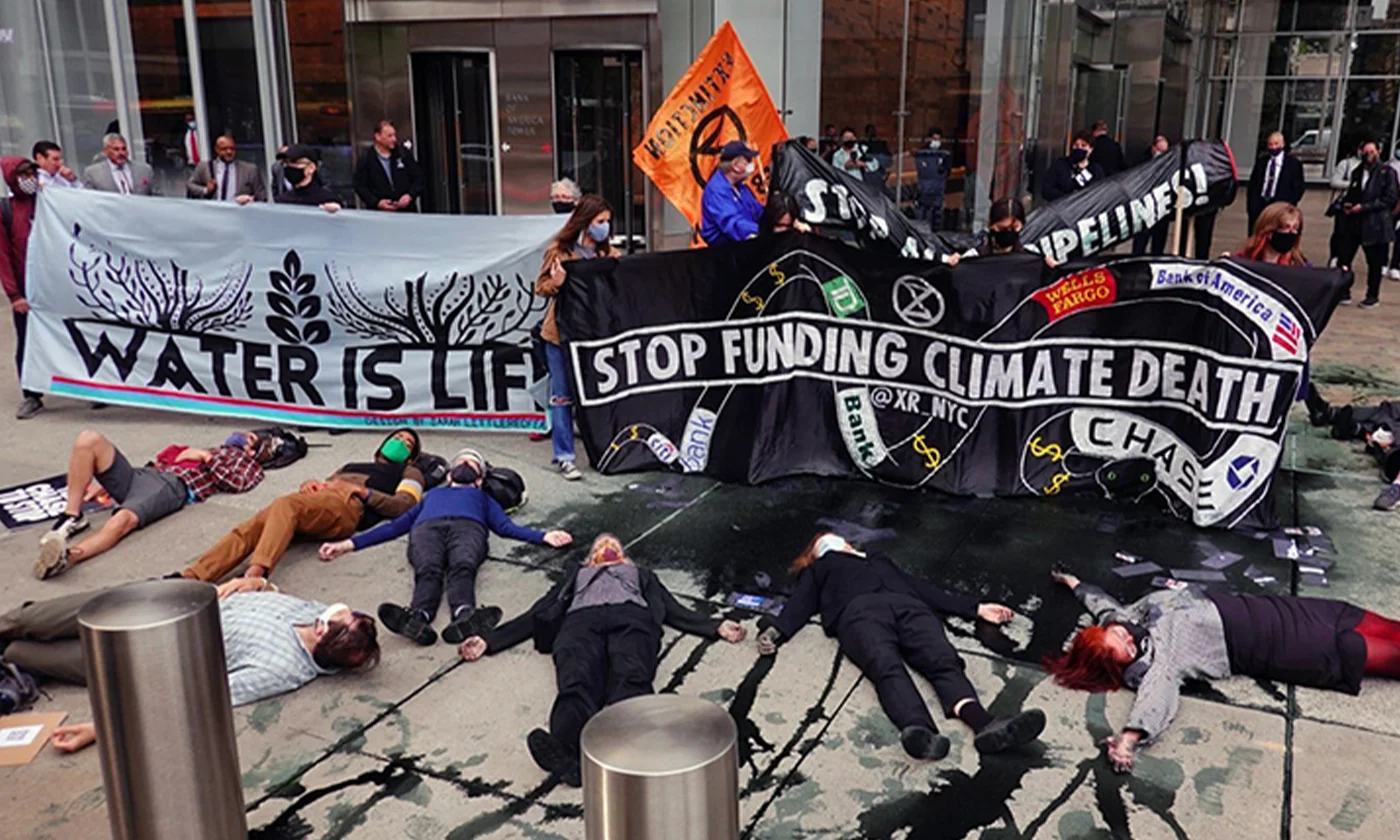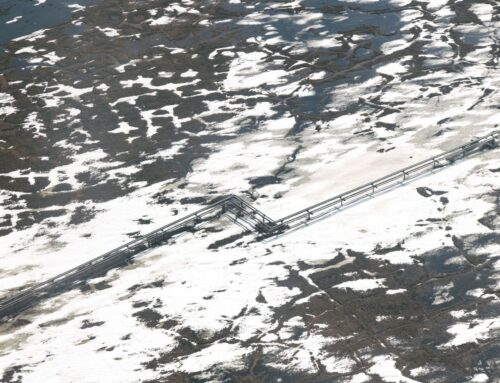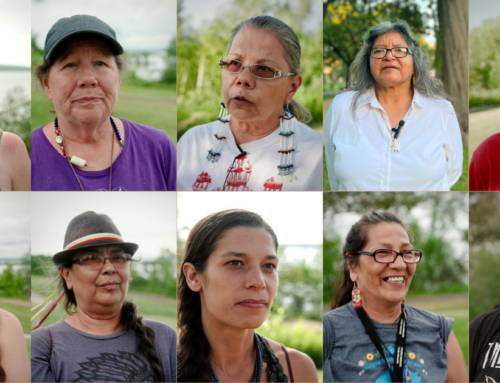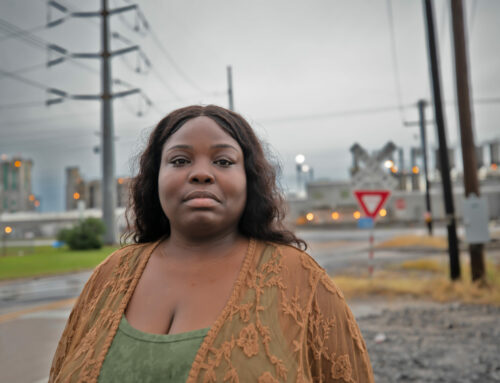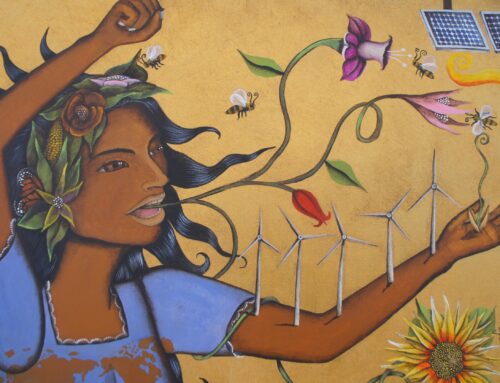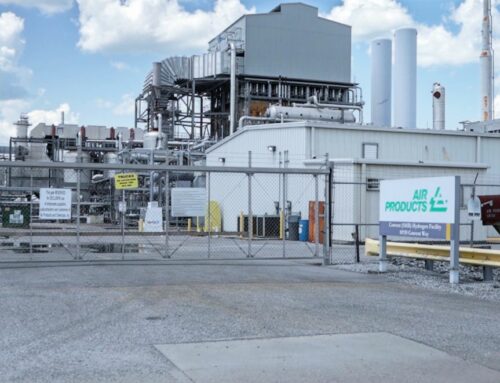Alec Connon explores the ways in which big banks contribute to the fossil fuel industry. Typically, when money is in a bank account, the bank can use up to 90% of the savings to provide loans to various companies. This means that the money you hold with a bank is potentially used to fund fossil fuel projects. Last year, three nonprofit organizations published “The Carbon Bankroll,” a report which quantifies the amount of greenhouse gas emissions created with the money saved in banks. For example, if you hold $50,000 in an account, that is the equivalent to taking 12 flights from New York City to London in one year. Connon also spoke with Tara Houska, an activist who demonstrated at Standing Rock. While demonstrating, a researcher shared a graph which highlighted banks that funded the pipeline. This information was used to increase support for the movement, using the hashtag #DefundDAPL. Since then, the movement to move money into environmentally responsible financial institutions has grown, with many banks committing to net-zero emissions by 2050. Connon closes the article by highlighting groups like Clean Energy Credit Union and Climate First Bank which provide viable banking options while also being environmentally conscious. During Connon’s talk with Houska, she discussed how people can often feel like there is nothing they can do to make a difference, yet she emphasizes how moving one’s money is an action that truly does make a difference. Photo Credit: Alec Connon


